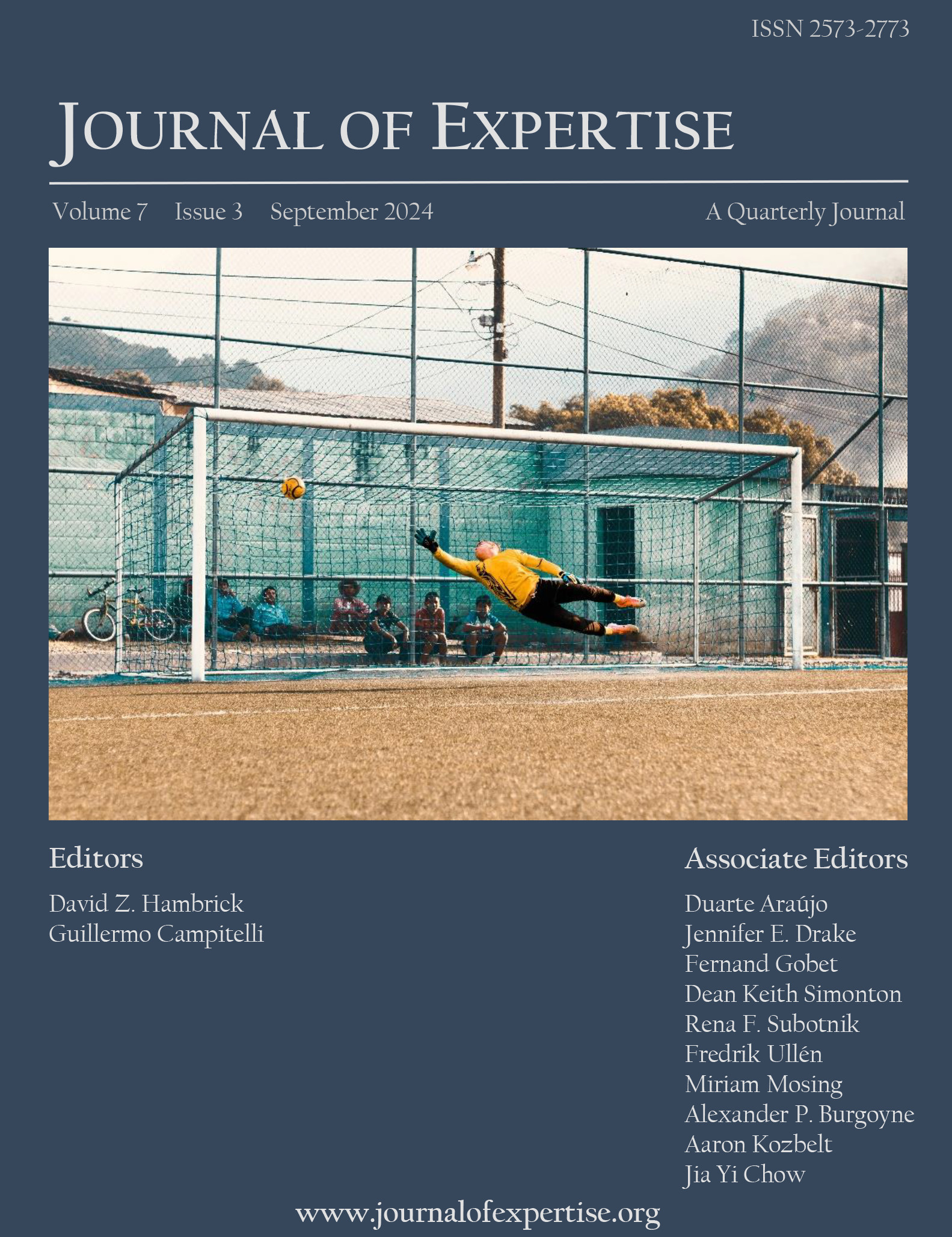Ian Costello 1,2, Jamie Taylor 2,3,4, and Áine MacNamara 2
1Munster Rugby, High Performance Centre, University of Limerick, Ireland
2School of Health and Human Performance, Faculty of Science and Health, Dublin City University, Ireland,
3Insight SFI Centre for Data Analytics, Dublin City University, Ireland,
4Grey Matters Performance Ltd. Stratford upon Avon, England
Decision making related to the future potential of athletes has become a significant area of research attention. Talent selection decisions in sport are considered complex, highly nuanced, and influenced by a multitude of factors. The purpose of this study was to explore individual and systemic factors influencing talent selection decision making in team sports. Twelve experienced recruitment professionals, across three professional male team sports, participated in semi-structured interviews. Findings suggest that organizational and contextual factors influence both individual judgements and the wider selection process. These factors are considered through micro (individual), meso (organization) and macro (system) lenses. There was an appreciation that not all selection decisions are the same, carrying different degrees of uncertainty based on the stage of the talent system. The context of decisions varied between systems, with a variety of processes being used to manage the inherent uncertainty of selection. In addition, systems aimed to reduce the consequences of “non-selection” and reduction in the use of “one-off” selections. Because of this complexity, there is a need for research to consider the wider system in which selection decisions are taken. In practice, we suggest that talent systems are shaped in a manner that encourages more “hedge-trimming” type decisions (allowing for continuing opportunity), rather than “tree-felling” (in or out) decisions.

